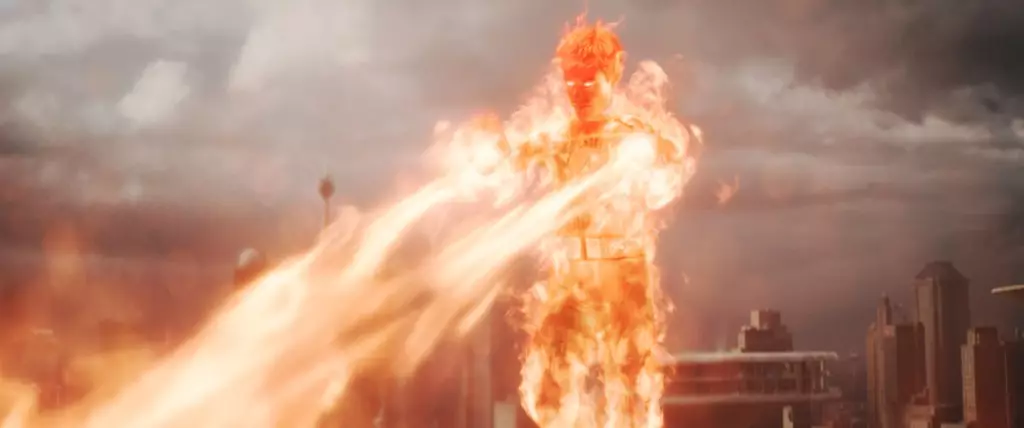Contrary to the widespread narrative suggesting superhero films have run their course, recent figures surrounding Disney and Marvel’s latest venture, *The Fantastic Four: First Steps*, tell a compelling new story. The film’s promising preview haul of around $23 million—collected from early screenings—speaks volumes about the genre’s enduring appeal. This performance not only surpasses recent Marvel previews but also signals a potential renaissance for superhero narratives in theaters. Rather than succumbing to fatigue, audiences appear hungry for inventive storytelling woven into familiar universes, and *First Steps* seems poised to capitalize on this resurgence.
High Expectations Met with Critical and Social Media Thrills
The early critical reception of *The Fantastic Four* aligns remarkably well with audience sentiments—both have scored impressively high, with critic scores at 88% and audience approval pegged at 92%. These figures echo the success metrics of previous MCU hits like *Thunderbolts* and *Captain America: Brave New World*. What’s especially significant is the film’s remarkable social media footprint. Achieving over a billion reach across platforms like TikTok, Facebook, X, Instagram, and YouTube, *First Steps* demonstrates an electrifying digital buzz that surpasses even some of Marvel’s biggest successes, including *Spider-Man: No Way Home* and *Deadpool & Wolverine*.
This social media momentum is not accidental. It reflects a strategic activation of the film’s cast and promotional efforts, with star power leveraged effectively on multiple platforms—from Pedro Pascal to Julia Garner. The intense engagement indicates that Marvel has tapped into a fan-driven growth engine that can sustain interest well before the movie hits theaters, building anticipation that mainstream media alone cannot generate.
Challenging the Notion of Cinematic Doom
The narrative that superhero movies are past their prime feels increasingly unconvincing in light of these emerging numbers. If anything, *The Fantastic Four* highlights a shift in how these films are being marketed and embraced. The film’s early previews are comparable to blockbuster milestones from recent years, such as *Endgame*’s record-setting $60 million preview haul or the breakthrough success of *Superman* earlier this year.
Moreover, the film’s retro-futurist setting—focused on the 1960s aesthetic—introduces a fresh visual and thematic approach to a familiar genre. It appears that Marvel is learning to innovate within its established universe rather than relying solely on nostalgia or franchise inertia. This move signifies a potential wellspring of creativity and strategic foresight, essential for revitalizing superhero cinema amid growing competition and audience fatigue elsewhere.
*The Fantastic Four* is proving that superhero movies remain a vital force in Hollywood—if approached with innovation, strategic marketing, and a keen eye on evolving viewer preferences. The early success suggests a recalibration of what audiences crave: new worlds, fresh visuals, and compelling characters that transcend the tired tropes of the past. The superhero genre isn’t dead; it’s simply adapting to stay alive and thrive in a constantly shifting cinematic landscape.

